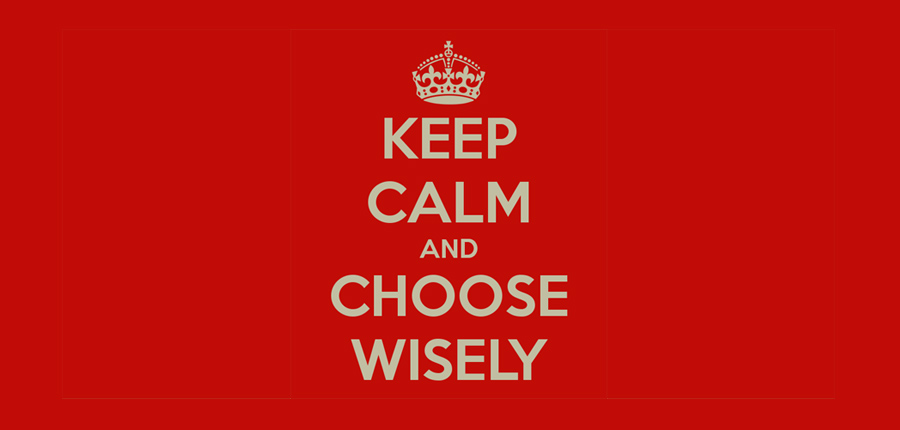04.09.2014
How to Choose the Right Recruitment Partner
Bryony discusses what you should expect from a recruitment partner and how you can get the most out of them.
Recruitment is back on the agenda of a growing number of North East businesses and that can only be positive for people in the region and our local economy.
In recent years many employers had moved recruitment roles in-house, but recently a demand to increase staffing levels, coupled with a shortage of top talent, has meant that they are again putting their faith in the specialist expertise recruiters can offer.
If ‘people are a company’s greatest asset’, then this leads me to question why it seems not everyone believes choosing the right recruitment partner is one of the most important decisions they will make.
I often ask myself what people expect when it comes to a recruitment partner and, as with all new business relationships, at the top of your list should be: professionalism; high quality service and level of care; honesty and transparency; and a positive, ethical manner. Not to mention being excellent at what they do.
Of course I know recruitment isn’t always perceived this way, but that doesn’t mean you should settle for less.
What you should in fact be looking for is a consultancy who will support, advise and help you to find the right people for both your vacancy and organisation, whilst at the same time being honest and managing expectations. Someone who:
- Demonstrates expert knowledge of your industry and the local market;
- Has experience in your field, working successfully with similar businesses;
- Understands your organisational needs and culture;
- Regularly communicates with candidates before, during and after the recruitment process;
- Shows flexibility in their approach to partnering with you;
- Can save you valuable time and resource;
- Offers value for money;
- Will find you the best talent.
To make sure you get the most out of your recruitment partner, you should:
- Use a specialist not a generalist – they will offer expert knowledge in your industry and the local market. As an authority in their field they will also know the best candidates, giving you an immediate advantage.
- Be selective with who you work – if you engage with too many partners you will reverse the aim of saving time, as it will result in a duplication of work for you. On occasion this can also encourage some recruiters to put forward candidates without speaking to them first, creating a CV race; a bad practice in recruitment which more often than not leads to time being wasted all round.
- Do your due diligence – credentials are important, so try to find out how long they have been recruiting, whether they work with your competitors and most importantly, if their reputation is positive. A recommendation or referral is always a strong message.
- Read the small print – make sure you read the Terms of Business at the beginning of your relationship as this is what will set the parameters of your partnership and clarify the costs.
- Meet your consultant – with large organisations the person recruiting on your behalf may not be the one you originally met, so it’s important to establish who they are and that they have the right skills and experience to deliver the service you envisaged.
- Set the timescales – work with your recruiter to establish a realistic timeline that gives you both a defined deadline and plan of action to work towards.
- Commit to the process – recruitment is a critical process and if you can make yourself available to support it, it will speed things up and, with top talent in short supply, increase your chances of securing the right recruit.
- Offer candidate feedback – regularly feeding back not only helps recruiters communicate with candidates and keep them engaged throughout the recruitment process, but it also provides a positive experience for those that aren’t successful.
 " alt="">
" alt="">

